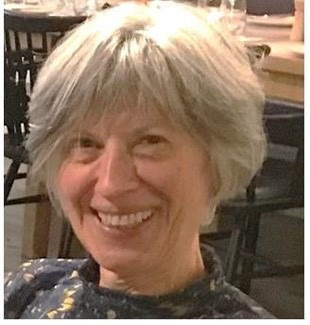August 12, 2025, 11:00 a.m. to 12:00 p.m. MDT
Decks, Dice, and Disasters: Games for Promoting Disaster Resilience

Webinar Description:
Games are powerful tools for practicing skills and engaging in scenarios that we might not encounter in everyday life—from going on a medieval quest to responding in a disaster —a well-designed game can promote collaboration, problem-solving, and a stronger understanding of how low-probability disaster scenarios might play out.
It can be hard for people to know how to respond to a disaster if they haven’t experienced one before. That’s why disaster researchers are increasingly embracing games as an imaginative exercise for both emergency managers and everyday people.
This webinar will feature a panel of researchers who are developing custom video games and playful training modules to help users navigate hypothetical disaster scenarios— like an encroaching wildfire or an earthquake at the Cascadia Subduction Zone. Speakers will discuss what constitutes a good game design, lessons learned from gameplay, and insights into how using games can foster higher risk awareness and confidence during disasters.
Speakers:
Liz Safran, Lewis & Clark College
Anne Wein, U.S. Geological Survey
MJ Johns, University of California, Santa Cruz

Liz Safran is an Associate Professor of Geological Science at Lewis & Clark College. A geomorphologist by training, she now researches what spurs people to prepare for disasters without first-hand experience. Her interdisciplinary team conducts experiments to explore how custom video games influence learning, confidence-building, and motivation to prepare for earthquakes among young adults. She is obsessed with the next Cascadia Subduction Zone earthquake and is a member of the Oregon Seismic Safety Policy Advisory Commission and her neighborhood emergency team.

Anne Wein is a project lead and researcher at the Western Geographic Science Center of the United States Geological Survey (USGS) at Moffett Field in California. Wein collaborates on interdisciplinary projects that translate natural hazard data into an understanding of real-world societal consequences. Some of her notable projects include coordinating societal consequences for hazards such as atmospheric rivers, tsunamis, and earthquakes (see ShakeOut Drill, ARkStorm, SAFRR Tsunami, and HayWired for more details) to help Californias envision and plan for the most extreme hazard possibilities in their state. A current project of Wein’s is developing training games to help emergency managers understand and use USGS aftershock forecasts after major earthquakes.

MJ Johns (they/them) is a non-binary experience designer, game developer, and researcher of human-computer interactions. Johns has worked in creative technology since 2011 and is credited on a wide variety of games ranging high-profile games like Call of Duty and Mafia, to self-published titles, virtual reality projects, and “serious games” for education and training. In their current work as a PhD student at the University of California, Santa Cruz, Johns focuses on developing games for wildfire preparedness and mitigation, working closely with fire-prone communities to design games that reflect their lived experiences.
Continuing Education Credits:
This webinar is eligible for one contact hour of emergency management training within the International Association of Emergency Managers (IAEM) certification program. For more information about continuing education credits and how to earn them, please click here.